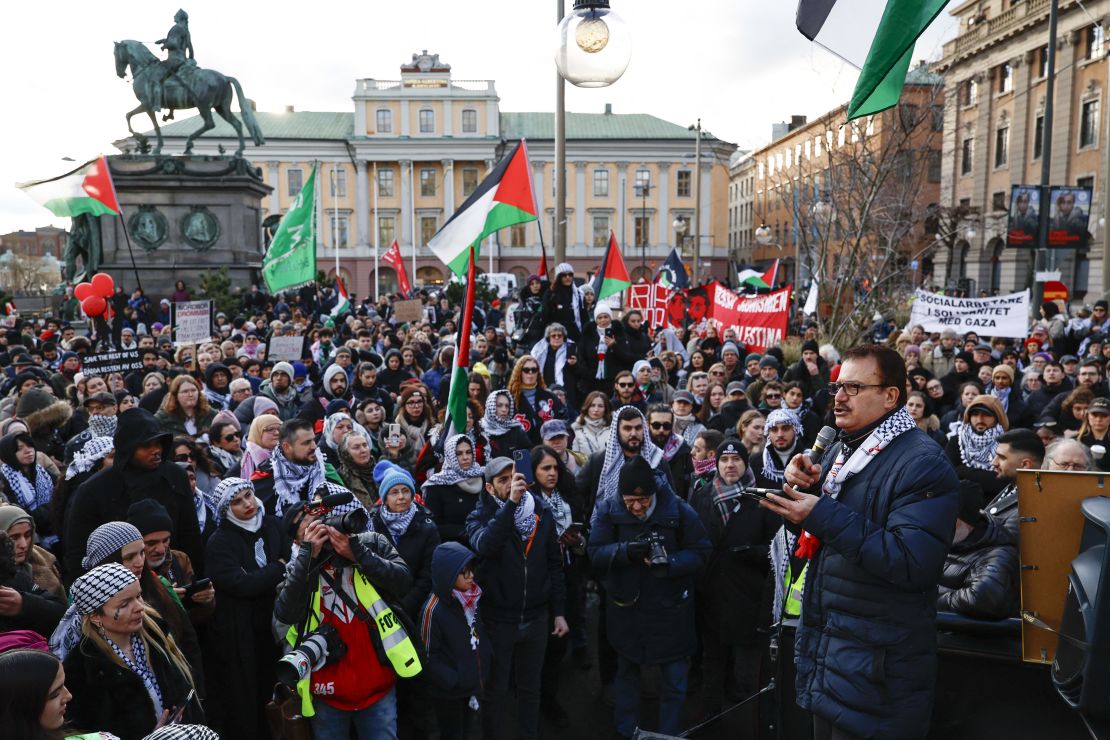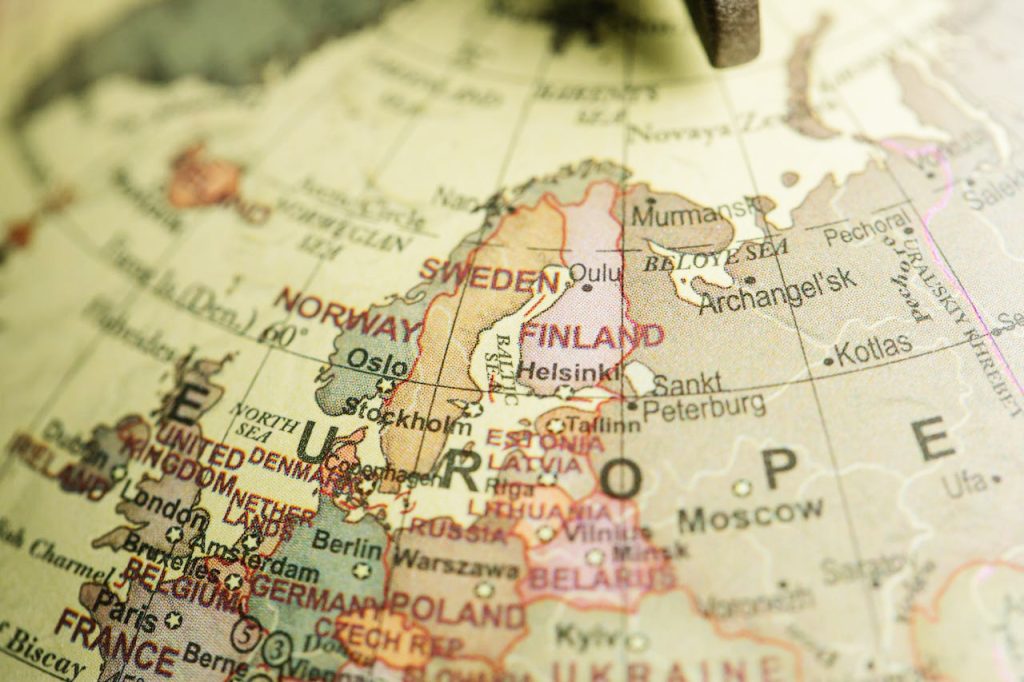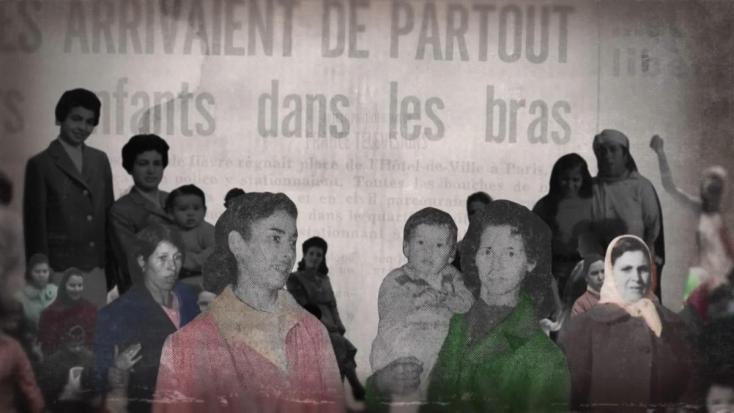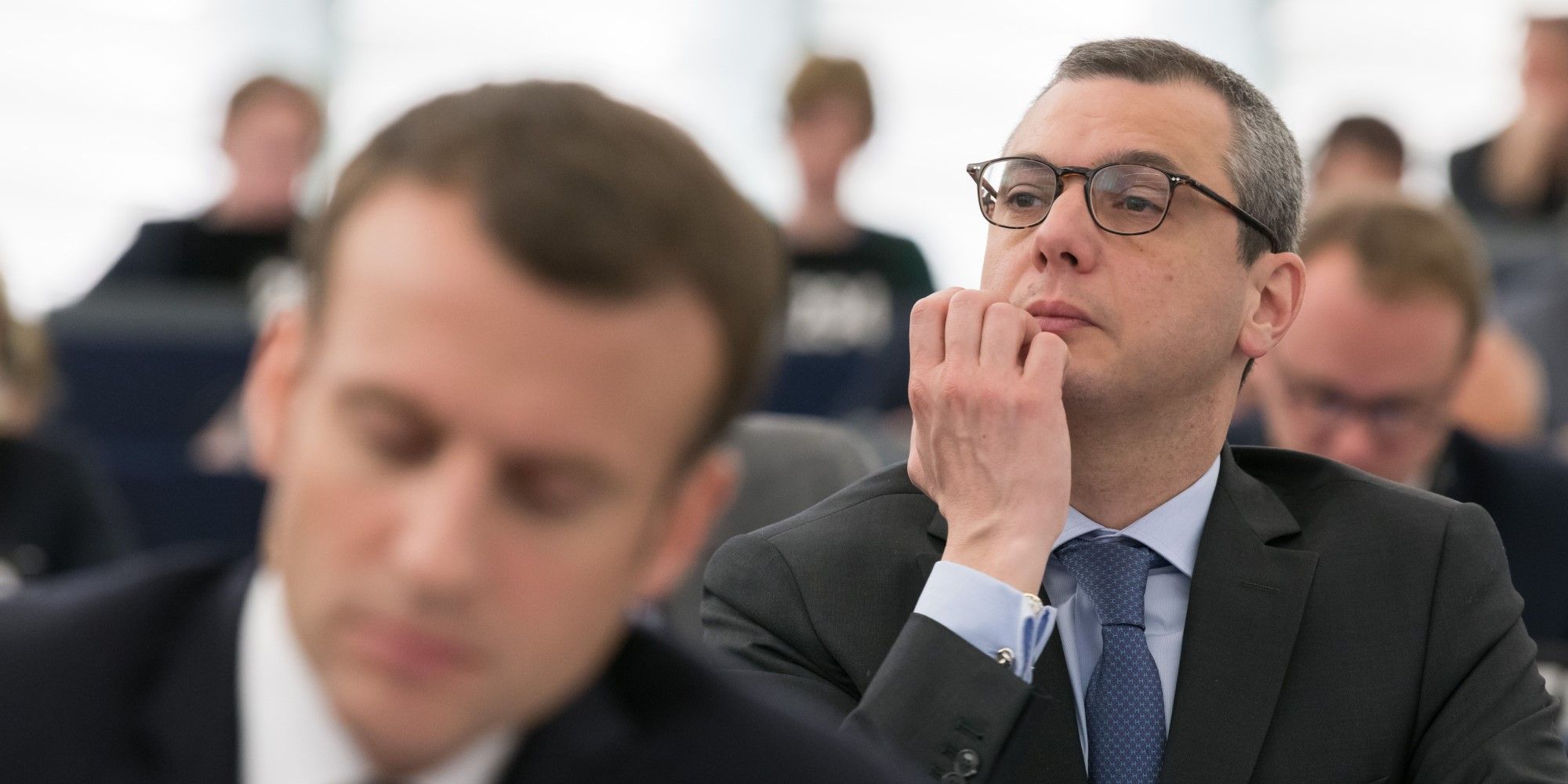Eurovision Director Rejects Boycott Calls For Israel

Table of Contents
Boycott Calls and Their Rationale
The calls for a boycott of Israel's participation in Eurovision stem from deep-seated concerns regarding the Israeli-Palestinian conflict and alleged human rights violations. Pro-boycott organizations and activists argue that Israel's presence on the Eurovision stage legitimizes its actions and silences the voices of Palestinians. Their concerns are multifaceted and deeply rooted in the ongoing geopolitical situation.
- Criticism of Israeli policies in the occupied territories: This includes the expansion of Israeli settlements, the blockade of Gaza, and the treatment of Palestinian civilians. Many feel these actions violate international law and fundamental human rights.
- Concerns about Palestinian human rights violations: Proponents of the boycott point to the restrictions on Palestinian movement, access to resources, and political freedoms as evidence of systemic oppression.
- Arguments for using Eurovision as a platform for political activism: Activists view Eurovision's global platform as an opportunity to raise awareness about the Israeli-Palestinian conflict and pressure Israel to change its policies. They believe that remaining silent is akin to complicity.
The Eurovision Director's Response and Justification
Facing mounting pressure, the Eurovision Director issued a statement firmly rejecting the boycott calls. The Director emphasized Eurovision's commitment to inclusivity and its dedication to remaining a non-political platform for artistic expression. The decision was presented as a defense of Israel's right to participate, aligning with the contest's core principles.
- Emphasis on Eurovision's commitment to artistic expression: The Director highlighted the contest's primary focus on music, talent, and artistic merit, asserting that politicizing the event would undermine its essential nature.
- Rejection of politicization of the event: The statement explicitly rejected attempts to transform Eurovision into a forum for political debate, arguing that it would detract from the event's intended purpose and potentially alienate a significant portion of its audience.
- Defense of Israel's right to participate: The Director's response underscored the principle of equal participation for all member countries, irrespective of political considerations.
- Statements regarding the event's inclusivity mission: The Director reiterated Eurovision's commitment to creating a welcoming and inclusive environment for all participants and viewers, regardless of their nationality or political beliefs. However, this stance has been questioned by those arguing that the current situation in Palestine directly contradicts the spirit of inclusivity.
Reactions and the Broader Debate
The Eurovision Director's decision has sparked a heated debate, with diverse reactions from around the globe. While some countries and organizations praised the decision, emphasizing the importance of maintaining Eurovision's apolitical nature, others strongly condemned it, arguing that the Director's stance ignores the humanitarian crisis in Palestine.
- Statements from supporting countries and organizations: Many countries lauded the decision, highlighting the importance of keeping Eurovision free from political interference and preserving its artistic integrity.
- Criticism from countries and individuals supporting the boycott: Critics argued that the Director's decision effectively silences the voices of Palestinians and fails to address the serious human rights concerns at the heart of the boycott movement.
- Impact on viewer engagement and sponsorships: The controversy has inevitably raised questions about the potential impact on viewer engagement and sponsorship deals. Some sponsors may choose to distance themselves from the event due to the ongoing controversy.
- Potential long-term effects on the Eurovision Song Contest: The long-term consequences of this controversy remain uncertain, but it has undoubtedly raised questions about the future of Eurovision and its ability to navigate complex political issues.
The Future of Eurovision and Political Activism
The debate surrounding the boycott highlights a broader discussion about the role of political activism within international events. How can artistic expression be balanced with pressing political concerns? How can Eurovision foster inclusivity while grappling with complex geopolitical realities? These questions will continue to shape the future of Eurovision and similar international events. Finding strategies to ensure equal representation and address human rights concerns without compromising the artistic integrity of the event presents a significant challenge.
Eurovision Director's Stance on Israel Boycott: A Turning Point?
The "Eurovision Director Rejects Boycott Calls for Israel" decision is far from the end of the conversation. The arguments for and against a boycott highlight conflicting values: the pursuit of artistic expression versus the need to address human rights violations. The Director's stance, emphasizing inclusivity and an apolitical approach, has solidified the event’s commitment to its core principles, but also intensified the debate about the role of international events in addressing global conflicts. The future of Eurovision, and how it handles political controversies, will continue to evolve.
What do you think is the appropriate role of political activism in international events like Eurovision? Share your opinions in the comments section below!

Featured Posts
-
 Chime Ipo A Look At The Digital Banks Financial Performance And Future Plans
May 14, 2025
Chime Ipo A Look At The Digital Banks Financial Performance And Future Plans
May 14, 2025 -
 Tommy Furys 3 Million Rejection The Fury Paul Feud Intensifies
May 14, 2025
Tommy Furys 3 Million Rejection The Fury Paul Feud Intensifies
May 14, 2025 -
 Eurojackpot Arvonta Katso Tulokset Ilta Sanomien Sivuilta
May 14, 2025
Eurojackpot Arvonta Katso Tulokset Ilta Sanomien Sivuilta
May 14, 2025 -
 Cote D Or Regards Sur Les Tensions Franco Algeriennes
May 14, 2025
Cote D Or Regards Sur Les Tensions Franco Algeriennes
May 14, 2025 -
 Alexis Kohler Et Le Senat Une Crise Institutionnelle
May 14, 2025
Alexis Kohler Et Le Senat Une Crise Institutionnelle
May 14, 2025
